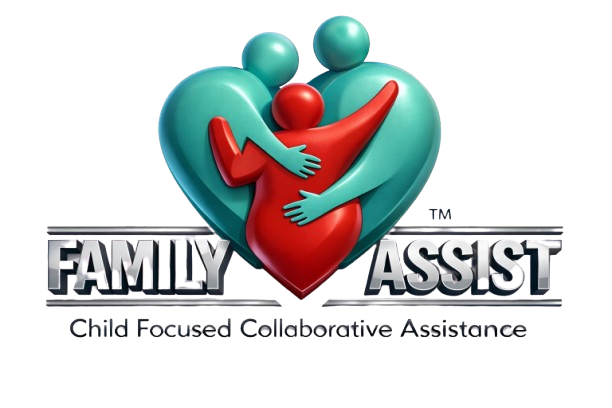Mediation
And What We Focus On
Mediation, in general, is a voluntary process in which parties to a dispute utilize the services of an independent third party or ‘mediator’ to facilitate the discussions between the parties with a view to settling their disputes amicably.
The benefits include:
- Unique solution process
- Fast and cost effective – within 6 months and under R20000
- Team Process & Family Focussed Professionals
- We support parents taking responsibility for their decisions
- Mediation includes mandatory “Voice of the Child”
- We initiate Child Focussed Collaborative Mediation
We focus on the following:
- The willingness of both parties to engage in discussions in order to find unique solutions
- Mediation is usually conducted in multiple sessions (often between four to six sessions) of one to two hours each lead by a divorce mediator. The parties themselves control the outcome of the divorce mediation process with the mediator merely assisting the achievement of consensus. With the parties in control it leads to a fast and cost effective process
- Family Assist Network has a team of qualified professionals including; Voice of the Child therapists, lawyers and mediators that ensures the process is complete within 6 months
- The mediator can adapt the divorce mediation process in accordance with the needs of the parties and the nature of the disputes between the parties. The final settlement agreement will be determine by the parents, this allows the mediator to support the parties taking responsibility for their decision as they came up with the unique solution to their situation
- Part of the process where children are involved includes mandatory “Voice of the Child” That due regard and due consideration be given to any views and wishes expressed by the child
- Where children are involved the main focus to a unique outcome is to focus on the needs of the children. The mediator will initiate child focused collaborative mediation, always focusing on the following:
-
- Is the outcome to the best interest of your child
- Is the discussion focused on the needs of the child
-
Parenting Plans
What Is It And Why Is It Important?
The concept of a parenting plan is arguably one of the most useful legal instruments introduced by the Children’s Act 38 of 2005, purposely designed to lead parents through the emotionally charged quagmire of a messy breakup of a previously trustful relationship.
Parenting Plans become pivotal to govern expectations and delineate rights and responsibilities, especially in the critical first 18 months after separation when nerves are exposed, egos are triggered, and communication may well have deteriorated to a point of complete standstill.
The parenting plan is the subject of regulation in ss 33 to 35 of the Children’s Act and the legal milestone that brought much needed clarity to this somewhat fractured section of South Africa’s (SA’s) family law. The Children’s Act was instrumental in incorporating and replacing an array of separate legal mechanisms, including:
- the Children’s Act 33 of 1960;
- the Age of Majority Act 57 of 1972;
- the Child Care Act 74 of 1983;
- Children’s Status Act 82 of 1987; as well as
- the Guardianship Act 192 of 1993.
More Valuable Information
At Your Fingertips
Support Options
Support options with regards to Life Coaching, Parental Coordination, Counselling, Post-divorce, Maintenance, Reunification with parents, and Co-Parenting Guidance
Divorce and Separation
If you are going through a divorce or separation, read more about what role mediation can play to suit your needs
Voice of the Child
Child focused Collaborative assistance for your needs, alternative agreement outcome, Parenting Plans with “Voice of the Child”



